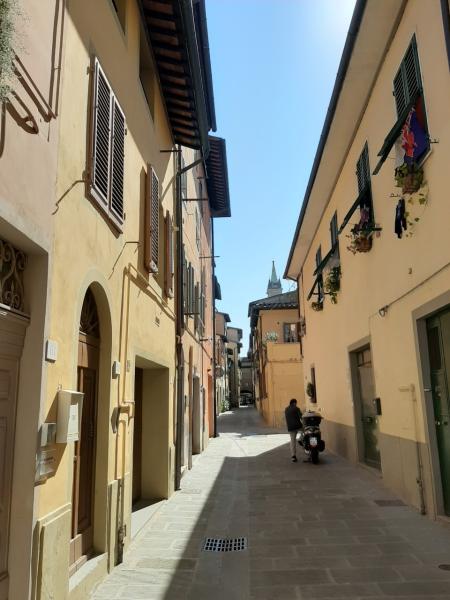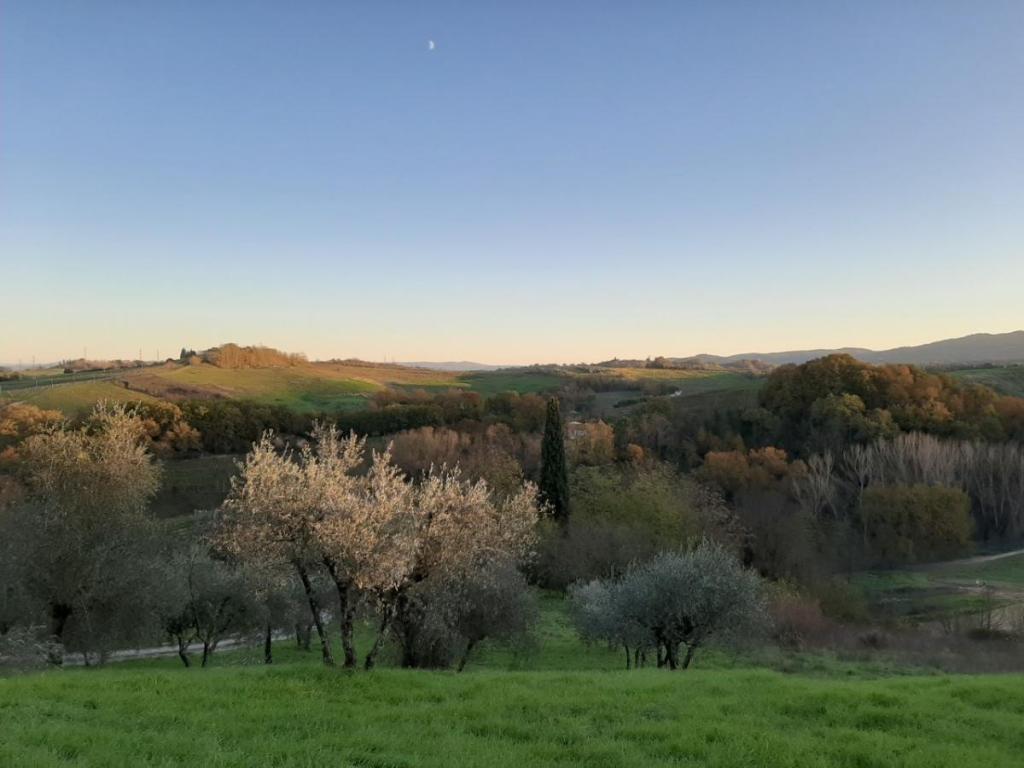
While living in another country is an incredible and rewarding experience, it is undeniably a far cry from a holiday. When we venture across seas and borders for brief sojourns abroad, everything is tinged with an overwhelming shade of novelty – that which is irritating or tedious in your native country, is charming in another. An extended stay would show us that while there is still remarkable beauty and awe to be seen and felt, there are peaks and troughs. Those of us who are studying Modern Languages and are completing our years abroad will know this all too well, for we’ve been dealt a difficult year.
Living your life in another language is always hard, fundamentally because it imposes limitations on self-expression – you worry about being able to find the right words, about misunderstanding someone, or about being misunderstood. This prompts an acute awareness of the way you talk, and the way other people speak. You develop a greater sensitivity to language and vocabulary choice – when in conversation with an Italian, I’m constantly asking, ‘why did you use [this word] and not [that word]?’, or surreptitiously checking a word in the dictionary when listening to others’ discussions (the WordReference app is a blessing) and noting it down. This heightened linguistic awareness is cultivated and increased by social interactions with different people, whose ‘frequent vocabulary’ bank is different, and from whom you can learn even more about your target language.

The specific problem that we have encountered this year is that we cannot really socialise, not in the way that we might have imagined. I am living in Tuscany, working as an English language assistant in a liceo. In October, I was going to work every day to teach both language and literature to my students; in the afternoons, I would sometimes take the train to Florence or to Arezzo and spend the afternoon sight-seeing and soaking up the last rays of Italian sun; I would meet new people every week. Now, near the end of November, Tuscany has been classified as a zona rossa, which means we are on full lockdown – essential shops remain open, but schools are closed and I am teaching online, and we can only leave the house when absolutely necessary. When I heard the news that schools were closing, and that lockdowns were on their way, I despaired: this isn’t the year I had planned. How am I supposed to learn the language if I can’t go outside?
The pandemic has introduced new and unexpected obstacles to linguistic and cultural enrichment. However, I’m trying to view those obstacles as surmountable challenges, rather than impediments. I am incredibly lucky to be living with a wonderful host family, who have made me feel settled and at home, and who are really helping me improve my Italian. They very patiently indulge and encourage all of my questions about language, even though I ask dozens a day, and are constantly teaching me new words, phrases, and idioms. We’re finding new ways to share our languages and to teach each other, and to help each other understand our cultural identities: High School Musical watch parties, Italian film nights, playing board games, listening to music together, even exchanging memes – cultural and linguistic exchange is multi-faceted and beautiful. I can feel my Italian improving by the day; it at least feels like I ask ‘come si dice?’ a little less often than I did last month. Successfully navigating a conversation without recourse to English feels like winning an Oscar.
Though it may not be the ideal year abroad, it is not without value. The reason why I am here in Italy is to immerse myself in its language and culture: what better way is there to do that than to live in the heart of an Italian family? It is here that I will truly learn to understand Italy. For now, I have to try not to lament the opportunities that I have lost, and instead appreciate the one that I have gained. It’s difficult, but ce la faremo.